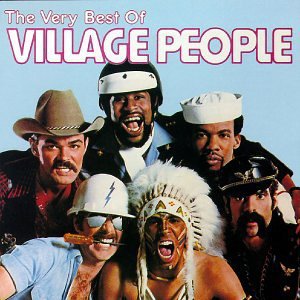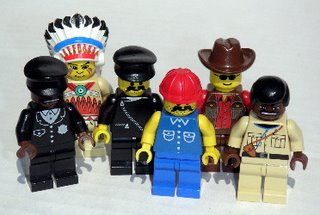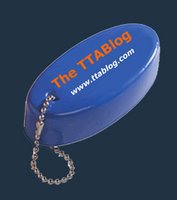WYHA? TTAB Affirms Genericness Refusal of PET RELOCATION for ..... Guess What?
Examining Attorney Toby E. Bulloff issued a refusal to register the term PET RELOCATION, deeming it generic for "arranging for pickup, delivery, storage and transportation of documents, packages, freight and parcels, specifically animals and domestic pets, via ground and air carriers." In its specimen of use, Applicant itself described its services as "pet relocation." Third-party evidence also used the term "pet relocation" to refer to the services recited in the application. Would you have appealed? In re Pet Relocation LLC, Serial No. 77849966 (November 8, 2012) [not precedential].
The Board had no doubt that the Examining Attorney provided "clear and convincing" evidence [clear evidence would have been enough - ed.] that the relevant public will understand "pet relocation" to refer primarily to the genus of services identified in the subject application. Therefore it affirmed the refusal.
For the sake of completeness (and assuming arguendo that "pet relocation" is not generic), the Board considered Applicant's Section 2(f) evidence. "Pet relocation" is a "highly descriptive" mark, and therefore a relatively greater showing of acquired distinctiveness is necessary.
In addition to a claim of five years of continuous and substantially exclusive use, Applicant submitted evidence of media coverage, and annual revenues and advertising expenses. [Sales rose from $1M in 2006 to $4M in 2010]. However, this evidence had limited probative value because Applicant did not provide any context to permit an assessment of how these numbers compare with others in the relevant industry.
As to the five year claim, the Board found that Applicant's use was not in fact "substantially exclusive and continuous" in light of the third-party use of "pet relocation" to refer to this type of service.
And so the Board concluded that Applicant had not provided sufficient evidence to prove acquired distinctiveness.
Text Copyright John L. Welch 2012.



































